Vaping has become a popular trend among people looking to quit smoking. It is seen as a safer alternative to smoking, but can vaping give you headaches? This is a question that has been asked by many people, and we are here to provide you with the answers.
The truth is that vaping can cause headaches, just like smoking can. However, the reasons why vaping can cause headaches are different from smoking. In this article, we will explore the different ways that vaping can cause headaches and what you can do to prevent them.

What Are the Potential Causes of Headaches From Vaping?
While the scientific community has yet to provide a clear answer to whether vaping causes headaches or not, it’s essential to look at the possible factors that may lead to headaches when vaping.
One of the most significant causes of headaches from vaping is dehydration. E-juice contains propylene glycol (PG), which has hygroscopic properties that absorb moisture from the air. As a result, vaping can dehydrate you quickly. Dehydration can cause headaches, dry mouth, and other symptoms.
Another possible cause of headaches from vaping is nicotine overdose. Nicotine is a powerful stimulant that can cause headaches, dizziness, and nausea. When you inhale nicotine, it enters your bloodstream and can cause vasoconstriction, which reduces blood flow to your brain. This decrease in blood flow can cause headaches and migraines.
Additionally, some e-juices may contain ingredients that can trigger headaches in some people. For example, some flavors contain diacetyl, which has been linked to popcorn lung, a respiratory condition that can cause headaches and other symptoms.
Can Vaping Cause Migraines?
Migraines are a severe form of headaches that can cause intense pain, nausea, and sensitivity to light and sound. While there’s no definitive evidence that vaping can cause migraines, some studies suggest that nicotine may be a trigger for migraines.
A study published in the Journal of Headache and Pain found that people who smoked cigarettes or vaped were more likely to experience migraines than those who didn’t use nicotine products. The study’s authors suggest that nicotine may trigger migraines by causing vasoconstriction, which reduces blood flow to the brain.
Another possible trigger for migraines when vaping is dehydration. As mentioned earlier, vaping can cause dehydration, which can lead to headaches and migraines.
How to Prevent Headaches From Vaping
If you experience headaches or migraines when vaping, there are several things you can do to prevent them.
First, make sure you stay hydrated when vaping. Drink plenty of water to keep your body hydrated and prevent headaches from dehydration.
Second, try reducing your nicotine intake. If you’re using high-nicotine e-juice, try switching to a lower-nicotine option or nicotine-free e-juice.
Third, avoid e-juices that contain diacetyl or other ingredients that may trigger headaches.
Finally, consider taking a break from vaping. If you’re experiencing frequent headaches or migraines when vaping, it may be time to take a break and see if your symptoms improve.
Conclusion
While the scientific community has yet to provide a clear answer to whether vaping causes headaches or migraines, dehydration, nicotine overdose, and certain e-juice ingredients may all contribute to these symptoms. By staying hydrated, reducing your nicotine intake, avoiding problematic e-juice ingredients, and taking a break when necessary, you can help prevent headaches and migraines when vaping.


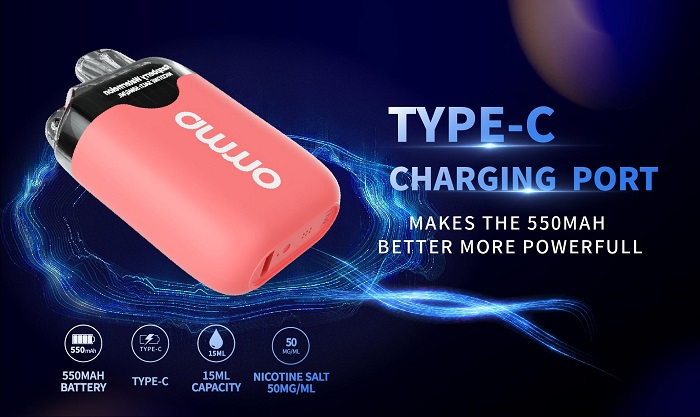
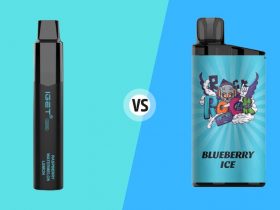
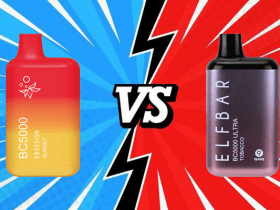

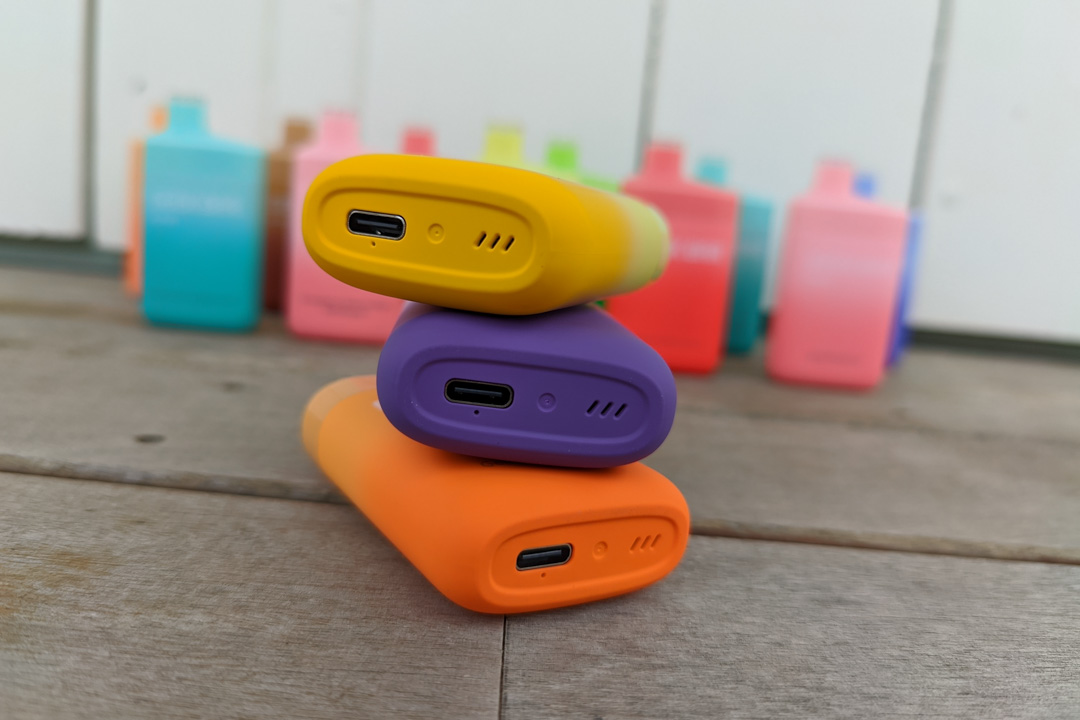




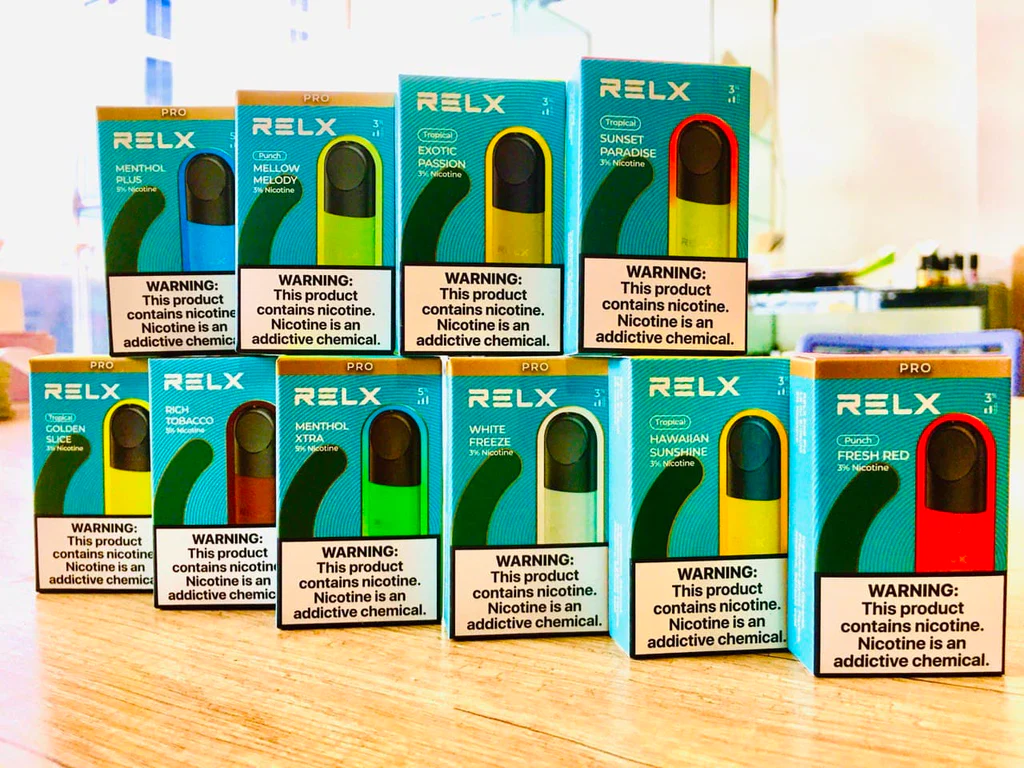





Leave a Reply